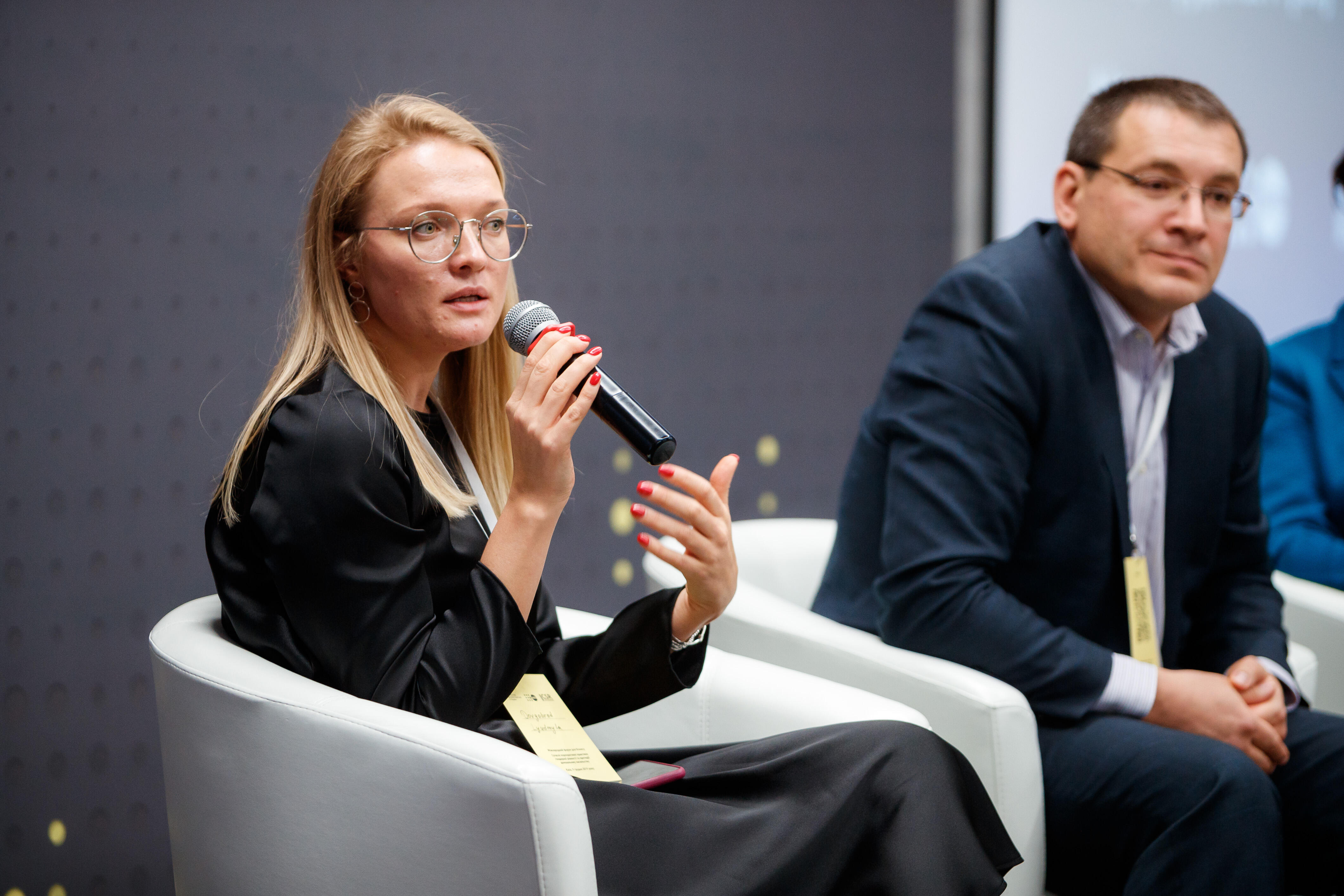“For gender equality and against domestic violence” – members of the first Ukrainian Business Coalition, which is stepping up its efforts to tackle gender discrimination at work, signed such declaration. According to the study conducted by the United Nations Population Fund (UNFPA) together with the expert organization Center for Corporate Social Responsibility Development, 24% of office workers have experienced domestic violence, 41% of employees have observed signs of it in their colleagues. Moreover, in one-third of the cases, violence continues in the workplace. Also, the issue impacts the country's welfare - every year Ukraine's economic losses $ 2.4 million due to the incapacity of domestic violence victims. To overcome these hidden problems, at the end of last year and the beginning of this year 21 Ukrainian and international companies and one organization signed a declaration, aimed to develop the gender-oriented policies and to implement the model - to recognize, to respond, to establish effective partnerships and to measure. How the signatories implement gender-oriented initiatives, what problems they face, and what they plan to do next – read in our article.
L`Oreal
The company signed the declaration with UNFPA to officially declare the fact that it shares values of gender equality and the inadmissibility of domestic violence. These topics are not new ones for L`Oreal. Since 2013, the company has been implementing the ‘Beauty for Better Life’ program, where it commits to pursuing the goals of sustainable development in the areas of responsible innovation, responsible production, responsible living, and responsible development.
Beauty for Better Life
Since 2017, L’Oreal and UNFPA in Ukraine have been implementing a gender-sensitive ‘Beauty for Better Life’ initiative, which provides training in hairdressing, manicure, and make-up for women fallen in difficult situations or victims of violence.
"First of all, we analyzed the situation in Ukraine and found out that domestic violence is an extremely burning issue, that’s why we decided to help victims to acquire a new profession and gain economic independence. So, 80 women have already graduated from our six-month training course, three of them are now our mentors", says the company's communications director Yulia Romanenko-Kopczynski.
According to her, after the final exams, L’Oreal promotes the employment of graduates by organizing an employment fair.
The United Nations Population Fund assists in the selection of potential project participants through interviews. As for now, the initiative is being implemented only in Kyiv, but L’Oreal plans to scale the project to the Ukrainian regions soon.
L’Oreal for the future
Besides, the company has quickly responded to the challenges amid the COVID-19 global crisis. As part of the ‘L’Oreal for the future’ program, the company has allocated € 50 million to support vulnerable women. These funds are aimed to fight poverty, help women achieve social and professional integration, provide emergency assistance to refugee and disabled women, prevent violence against women, and support victims.
Yulia Romanenko-Kopczynski says that after signing the declaration with UNFPA, the company has determined a new focus in its plans - to counteract the problem of domestic violence among employees.
"We plan to launch information campaigns for employees. In every country, L’Oreal has an ethics director, who can respond to any concerns of a staff member, and help to resolve them", says the communications director.
During the pandemic, L’Oreal also modified the work format of 28 plants in Ukraine for the production of sanitizers. According to Yulia Romanenko-Kopczynski, firstly they handed them to medical workers, but also socially unprotected people.
"As part of the solidarity program to combat coronavirus, we sent more than 100,000 units of products to hospitals, pharmacies and food chains, shelters for domestic violence victims, as well as to homes for the elderly together with the Let's Help Foundation", says Yulia Romanenko-Kopczynski.
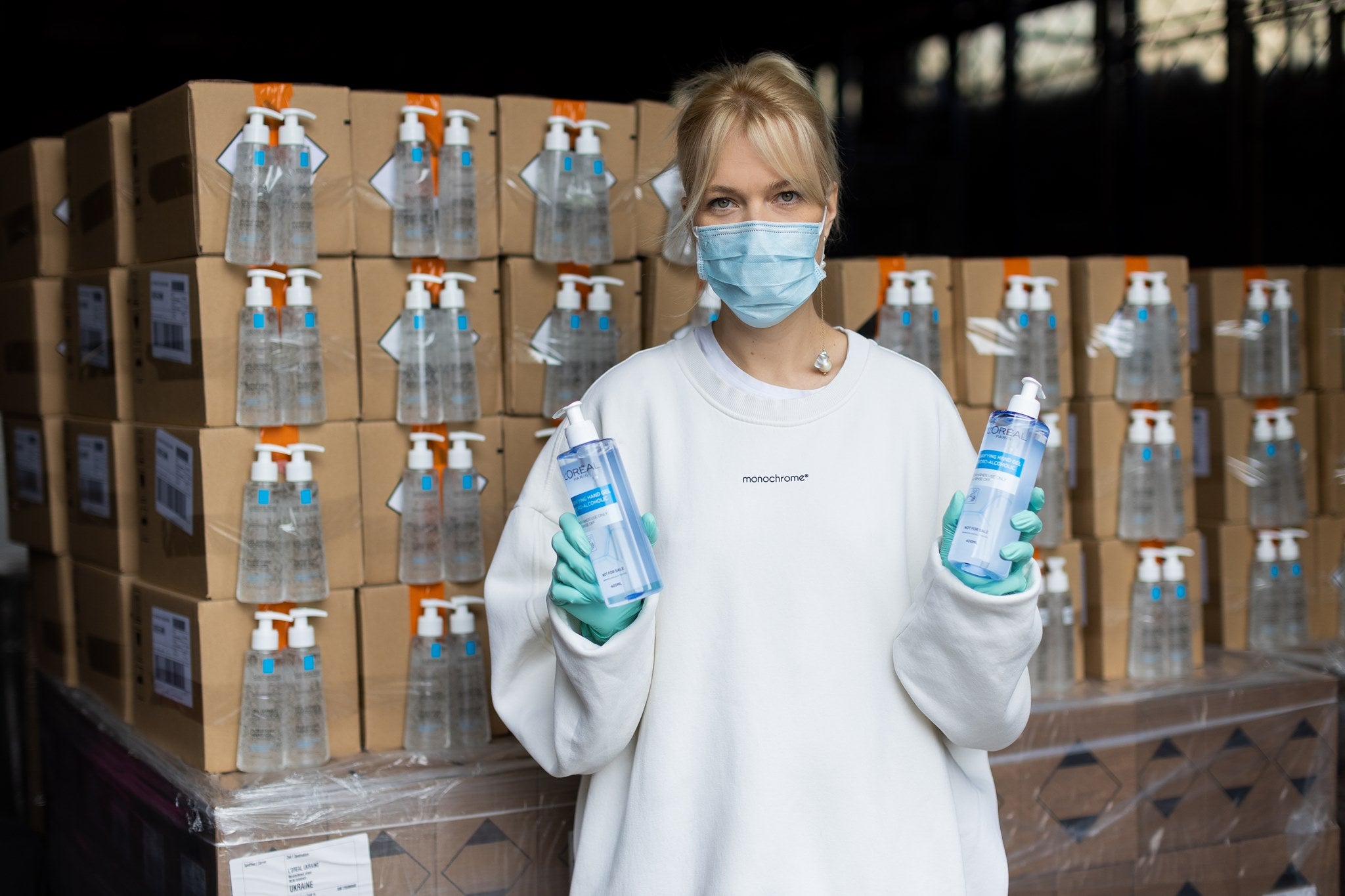
Two years ago, L’Oreal drew attention to the problem of the insignificant involvement of Ukrainian women in the scientific area. According to Yulia Romanenko-Kopchynsky, only 11% of Ukrainian scientists are women, so the company started the award - “For Women in Science” to increase the number of women involved in STEM research.
"Every year, we select three winners among online applicants, who receive a cash prize in the amount of Hr 150,000”, tells us L'Oreal's communications director.
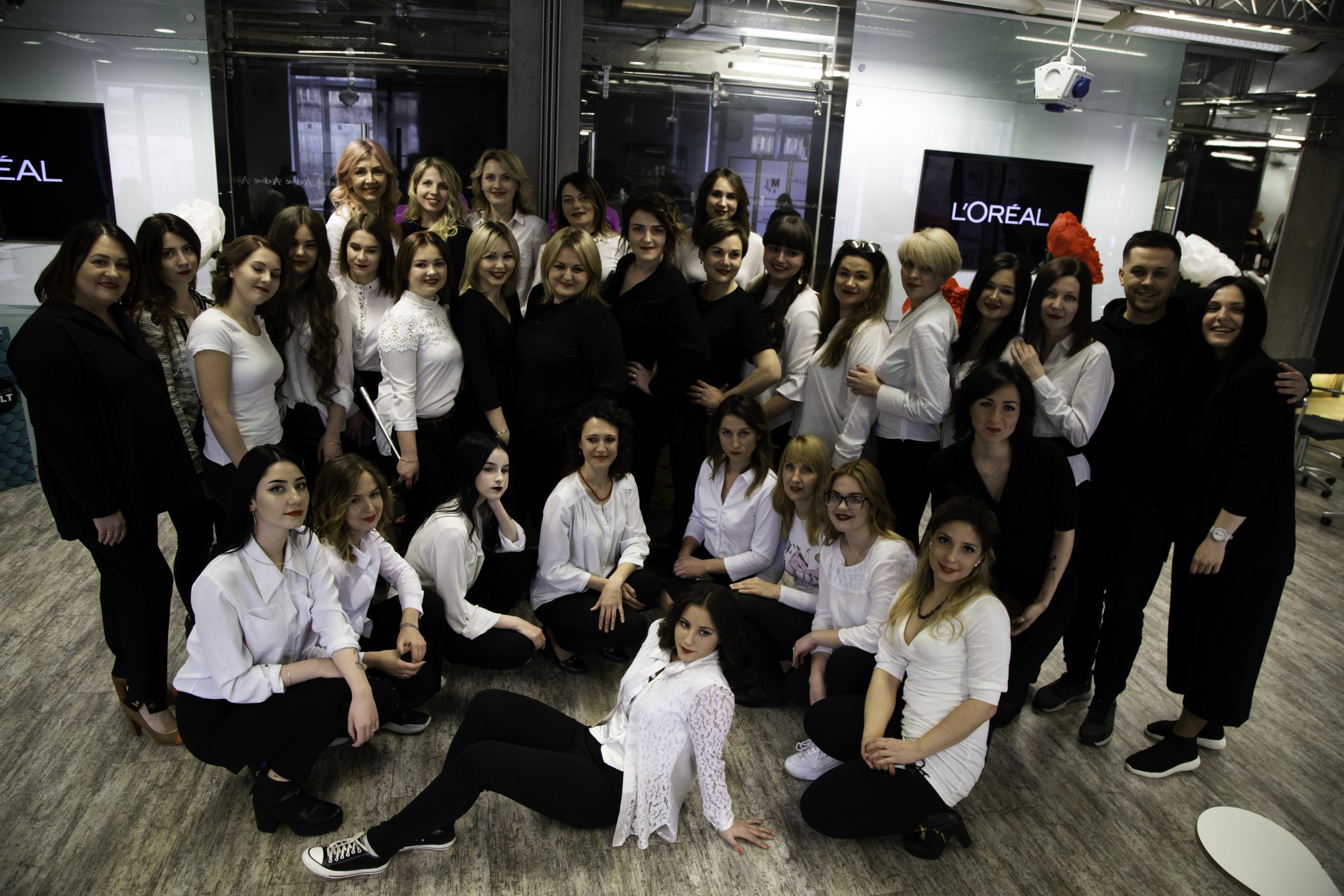
StarLightMedia
When a major business transformation has begun inside the media group, inclusiveness and gender equality have become an integral part of a new corporate culture that is relevant not only today but also in the future. So, last summer StarLightMedia became the first Ukrainian company to sign Women empowerment principles, aimed at integrating gender equality policy into the business activity.
“Our CEO, Mykhailo Tsarev, always tells us that profit is not a goal in itself, but it is an opportunity to reinvest in the development of the company, people, and society. And it should be equally accessible to all people - regardless of gender. So to determine how well we comply with this principle, last year we launched StarLightMedia corporate audit in the issues of gender balance among employees and the gender gap in job appointments and salaries. Fortunately, it is almost exemplary - 51% of women and 49% of men work for us, and there is no gap in appointments and salaries. But when we applied the WEPs Gender Gap Analysis Tool, we realized how much work is ahead. Then the result was 11% out of 100. So we created a one-year detailed plan on gender equality integration into our work. And as for now, this indicator has increased almost 4 times”, says Yana Honcharenko, sustainability lead at StarLightMedia.
After the signing of the declaration on gender equality and against domestic violence, gender equality, the prohibition of violence in the workplace, and assistance to colleagues who experienced domestic violence were taken into account during the development of StarLightMedia Code of Ethics. In April 2020, the media group launched a psychological service for staff. According to Yana Honcharenko, employees welcomed the initiative and during its first working day, service got dozens of appointments for consultation.
"We accelerated the launch of the service because of lockdown as we understood that COVID-19 affects a range of potential problems of mental health and domestic violence that can arise or worsen in such circumstances. Employees can reach the psychological support service both at online meetings and through chat in Telegram. We realize that not everyone, especially during self-isolation, can talk about problems out loud. But this is one of the initiatives that can assist our staff if they have got experience of domestic violence or witnessed it. Currently, we are working on a complex corporate program against violence and we are grateful that UNFPA expertly assists us in its development”, tells us Yana Honcharenko.
Recruitment to a media group includes precise rules - during interviews with potential workers, the company prohibits personal questions, focused on age, gender, and looks. Moreover, StarLightMedia encourages women to apply for the positions that are stereotypically perceived as male.
"It is vital for us to create conditions when StarLightMedia is a space free from restrictions and stereotypes, – says Yana Honcharenko. – We realize that some of them are deep-rooted stereotypes in our national culture and perception, so there will be a lot of information and educational campaigns ahead."
Non-sexism content
Gender-sensitive transformations do not bypass the content production. For example, the company recently tried out an experiment and announced a new project - a reality show "The Bachelorette" to be released in the fall.
"Almost half of the country watched the final post-show of "The Bachelor" last season. It is a real opportunity to raise essential issues with a large audience amid a format that they like. The stereotypes are one of the most sensitive issues. Unfortunately, we still need to debunk even basic gender stigma, such as "a woman has to endure a toxic relationship for the sake of the child because, in case of leaving, no one will love her with a child". It's scary to imagine how many lives this attitude destroyed. I hope when the audience sees a successful actress - mother Kseniya Mishina, who was not afraid to break up the relationship and now is in search of a partner among many men at the project - it will affect a stereotype and reach the mind of many viewers”, says sustainability lead.
Also, STB will broadcast a social talk show "What women are silent about", which will raise issues of domestic violence and gender stereotypes. The editorial board of the political talk show "Freedom of Speech" always tries to ensure gender balance by inviting more female politicians and experts on the air. But Yana Honcharenko admits that sometimes it is difficult to maintain gender equality at TV studio if it is failed in parliament.
“We realize that a lot of work on gender sensitivity of content is ahead. When I look at examples of foreign channels, I make sure - it is gonna be a long and very difficult process. But the fact that gender equality is a value for the company's management, many our employees support this topic, international organizations, public activists and experts are willing to assist us on our way - all these assure me that we will succeed”, she says.
Use of feminitives
Changes in corporate culture have also affected the use of feminitives within StarLightMedia. The media group has started the use of gender marking in job titles, job descriptions, key cards, and door tablets.
“Someone can find the use of feminitives as secondary question amid major transformations. But if you claim it as your value, it should be a priority and cannot depend on other issues. That’s why our top-management supported this initiative. Our employees also accepted it. Perhaps not everyone finds equally essential, but we faced no resistance”, tells us Yana Honcharenko.
Parenting support program
According to Yana Honcharenko, for the media group, the topic of responsible joint parenting is an important part of gender equality. Therefore, at the end of 2019, StarLightMedia launched a parenting support program, which provides a training course for future parents, a flexible schedule during pregnancy, reimbursement of taxi costs for work needs, benefits in medical laboratories, additional 5 days of paid vacation for men after childbirth, a gift for the new-born baby and remote work possibility.
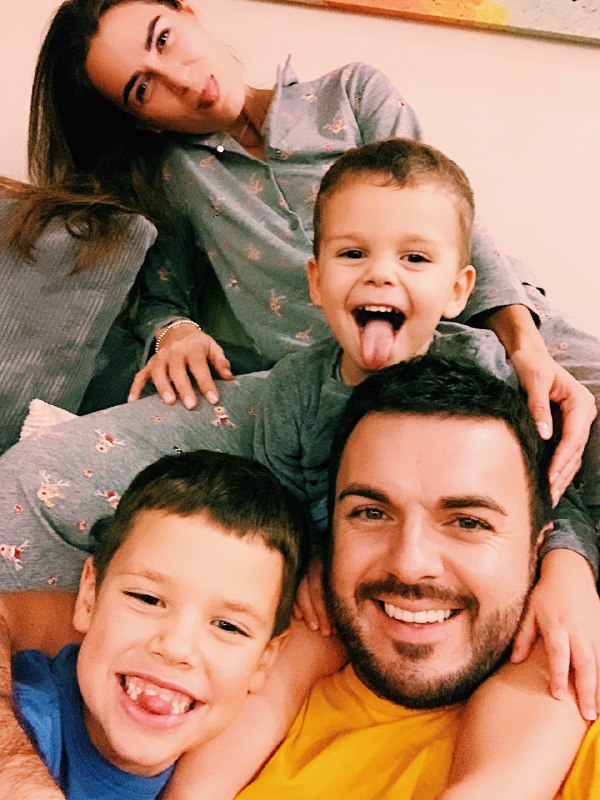
"Two weeks ago, we looked at how many women and men used it. The result pleasantly surprised us - 39% out of 100% are men! Also, more men than women attend our training parenting courses with a slight advantage. We are very happy with these results and emphasize the joint division of responsibilities for the childcare between mom and dad”, says Yana Honcharenko.
According to her, during the beginning of quarantine, the media group launched a special project "Dad during lockdown" – daily live streams of experts and star dads who were talking about how they interact with their children at home.
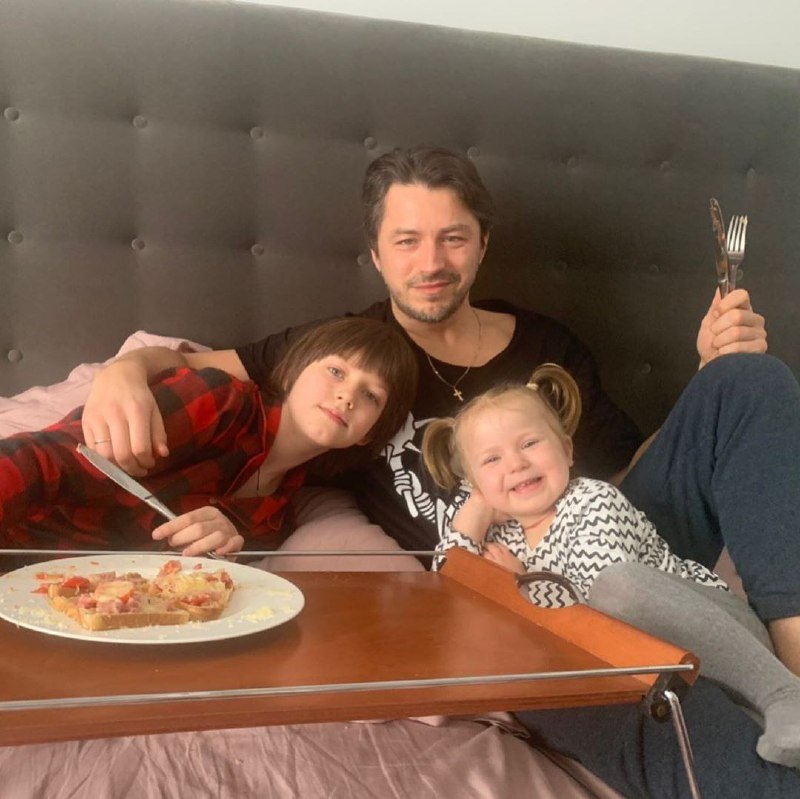
Corteva Agriscience
“Safe life” is the core value of Corteva Agriscience, an agricultural company formed based on Dow and DuPont companies. According to Anna Babich, Corporate Communications Manager, Central, and Eastern Europe, Corteva follows this rule in all aspects of its business.
"It is our commitment to protect our employees’ safety in various situations. We have been fostering a culture of inclusion and diversity since the start of the company. That is why we have very organically joined the declaration with UNFPA, thus making a public commitment to promote gender equality and the fight against domestic violence”, says Anna Babich.
According to her, it is also a good opportunity to learn about other companies’ experiences and implement the best practices. This year, Corteva announced its priority UN Sustainable Development Goals to 2030, which include the promotion of gender equality, women's empowerment in agribusiness, and the involvement of young people in agriculture.
According to Anna Babich, there is still a stereotype that agribusiness is a man's job. Therefore, the company seeks to debunk this misconception and to promote gender equality in agriculture.
“Our company upholds a gender balance among its employees. Moreover, there is also a good rate among the board for the industry - 40% of senior posts are held by women. We have successful career examples of women working in the field. There is also no pay gap between men and women, as gender issues are never emphasized in recruitment. Under our corporate policy, this is unacceptable”, says Anna Babich.
Furthermore, the company takes various measures to counter gender stereotypes in the industry. Together with Agravery.com Corteva published a series of interviews with successful women in agribusiness. In 2019, as part of the AgroExpo exhibition, Corteva initiated a panel discussion "Women in Agribusiness", where representatives of agronomic professions discussed how to overcome existing prejudices.
The company has launched the TalentA educational grant program to support rural women farmers.
“When we conducted “the Global Women in Agriculture” study, we realized that they lacked the education, experience, and finances to succeed in agribusiness. Therefore, we launched a training hub where 20 women will learn soft skills, such as leadership skills, negotiation efficiency, also acquire the basics of presentations, sales, business development skills, project management, learn how to attract investment, grants. And after training, course participants will implement their projects, that will compete for a financial reward of five, four, and three thousand dollars”, tells us Anna Babich.
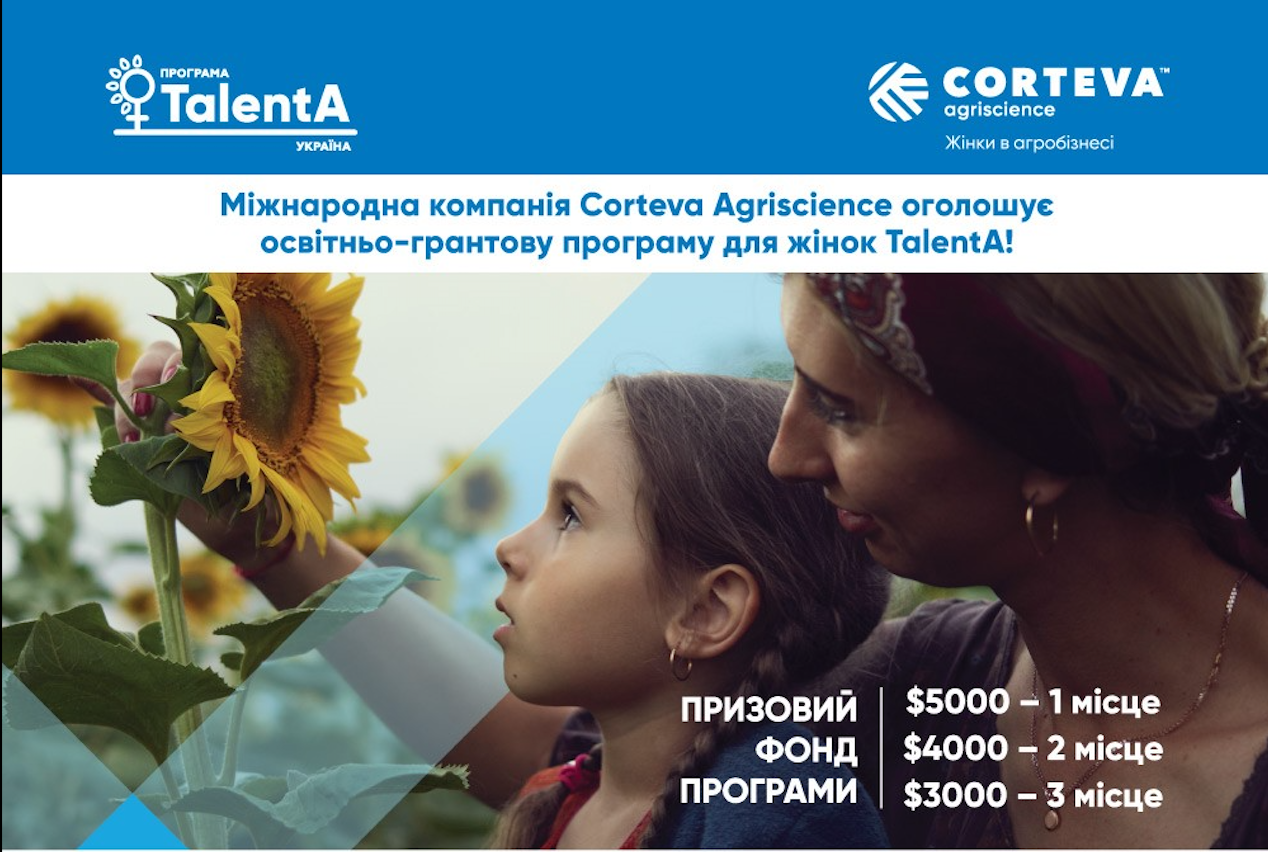
Youth involvement
Corteva actively works to involve more young people in agro-business. For example, as part of a youth program, the company created a video with popular blogger Anna Trincher named “24 hours in the field”.
"We have decided that the involvement of popular bloggers will help solve this problem. The video raised the topic of a woman’s role in agriculture and popularized the area among youth. The video received almost 80,000 views and 3,500 likes”, says Anna Babich.
Ferrexpo
The gender issue is part of the company's corporate policy, but active work in this direction has started in 2015-2016. According to Ferrexpo HR Director Anna Adom, during this time company created its projects and build plans for the future – so Ferrexpo joined the declaration to officially declare its position on gender policy in Ukraine.
The analysis revealed that more than 30% of Ferrexpo mining workers are women. According to Anna Adom, it is one of the best indicators for the mining and metallurgical industry.
It worth mentioning that during the recruitment, in case of obtaining the same results of the applicants, the company gives preference to women, including engineering, technical, and labor professions. Thus, the company employs female truck drivers and locksmiths.
"We are more concerned about the number of women at senior positions and among top management. Thus, the number of women in management positions is only 20%, and this percentage is even lower among top management. That's why we decided to work to increase this rate”, says Ferrexpo HR director.
So, last year, the company launched a program of women's leadership, which provides the establishment of a female personnel reserve that can become leaders and pretend for career growth in the future.
According to Anna Adom, Ferrexpo holds training and meetings for female employees with other leaders at enterprises, to motivate women to build a career and be confident in themselves. Psychologists and trainers are involved in the program for this purpose.
“Now we have plans to hold a conference for participants of the women's program leadership with the top managers’ involvement and practical training to help them overcome internal fears and barriers that women usually face during their career growth”, says Anna Adom.
The company plans to work with schoolgirls to motivate them for studying hard science and obtain technical professions.
"We want to organize meetings in schools with our company leaders to demonstrate what success can be achieved in our industry. We also plan to hold educational and entertainment events for practical use of exact sciences knowledge. A similar event ‘Super Daughters' Day’ was supposed to take place in spring 2020, but quarantine intervened our plans”, says Ferrexpo HR manager.
Ferrexpo also plans to launch a campaign aim at encouraging men to take on themselves part of maternity leave. According to Anna Adom, it will allow their wives not to "fall out" of the company's life for a long time.
Anna Adom realizes that there is still a lot of work ahead to overcome gender stereotypes, "which are deep-rooted in the minds of both women and men".
"To speed up it, we do not focus on men in our visual or printed content, but more often use images of women, so that a woman in the company's overalls to become completely commonplace”, says Anna Adom.
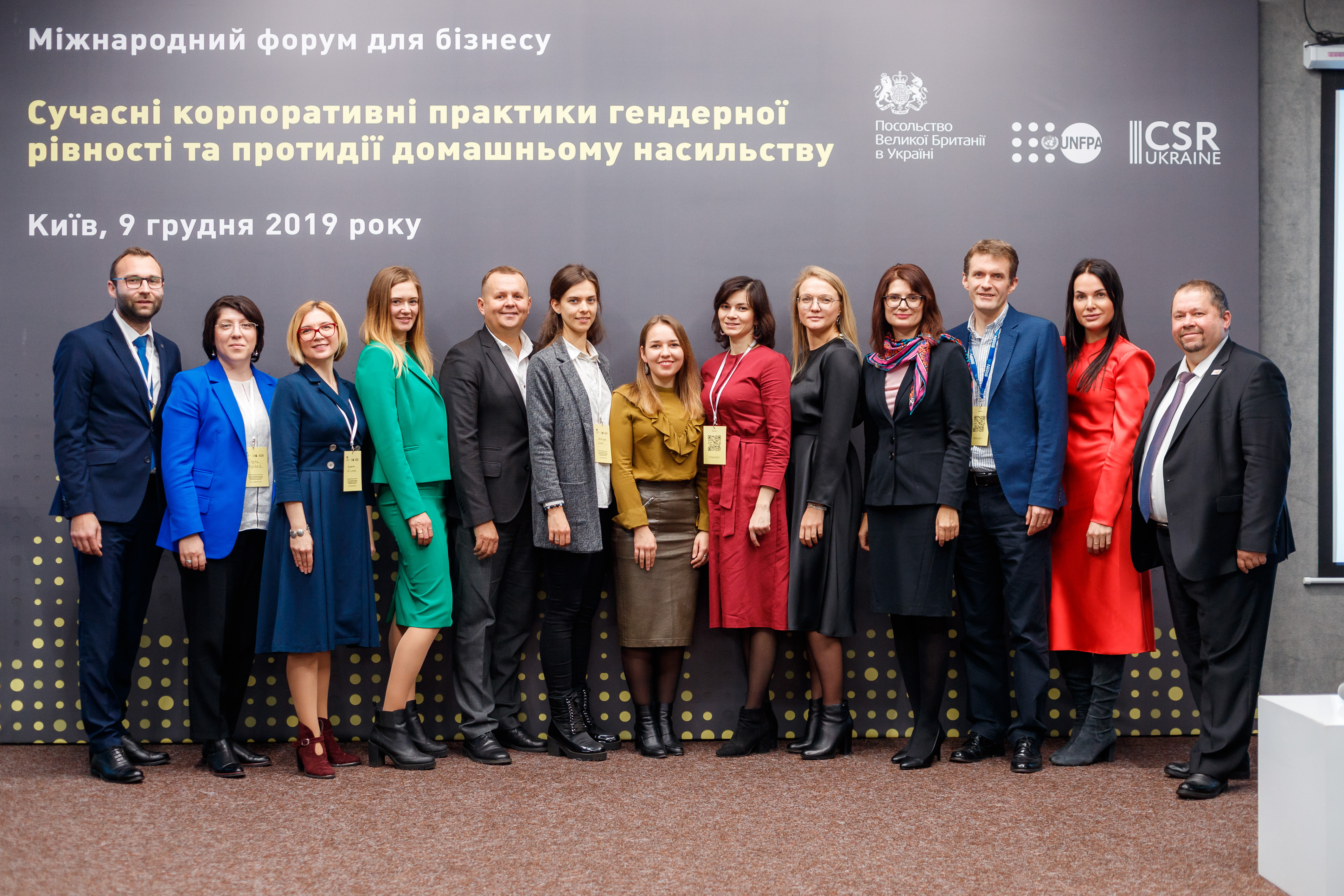
EBA (Europian Business Association)
The European Business Association signed a declaration in March. According to the organization, EBA joined because they share the values of gender equality, and also seek to become a role-model for member companies of the association.
"For us, the policy of non-discrimination is not something new. EBA is a member of the Corporate Equality Index. Last year, we gained leadership, particularly in the category of equal opportunities for women. We oppose any discrimination, positive as well. It is important for us to maintain maximum neutrality during decision making”, says Tetyana Karelska, head of HR and Corporate Social Responsibility departments.
Despite the stereotypes in society that the business environment is predominantly male, 28% of men and 72% of women work in the European Business Association. The problem of the "glass ceiling" is not relevant for EBA, because the top management of the association is completely female. Some quotas provide a percentage of employees of the opposite sex to be at least 30%. Also, there is a list of banned questions during the interview.
"While choosing an employee for work the gender aspect is out of our focus. However, we realize the need to balance because it is a well-known fact that a diverse team works more efficiently. After all, different opinions are taken into account”, tells us Karelska.
Blind recruitment
A few years ago, the EBA implemented a blind recruitment program, when a neutral bilingual questionnaire was offered during hiring. But later the company abandoned the initiative.
“There is a problem that in the Ukrainian language, in contrast to English, there is a declension and the genus is easy to understand. Moreover, there were cases when people, filling in the questionnaire blindly, attached additional files by which it was possible to identify the sex. And it turned out that the goal of blind recruitment was not achieved. But we do not rule out that we will return to this initiative, but only with questionnaires in English”, says Tetyana Karelska.
UNFPA and the Center for the Development of Corporate Social Responsibility research revealed that the pay gap between men and women is 22.8% in Ukraine. But Tetyana Karelska assures that this problem is not relevant for the association.
"As an HR-specialist, I have a certain amount that I can suggest the applier. This amount does not correlate by gender, because each position has a definite budget. We’ve managed to solve this problem by giving up the question - "How much do you want to get on this position?" says the head of HR and Corporate Social Responsibility departments.
The EBA has also started to use feminitives in job vacancies. But according to Tatyana Karelskaya, this process is not quick, because the company has faced with the inadaptability of the professions classifier. Currently, adaptation is underway, first of all, the business cards and site are being changed.
Combating domestic violence
Combating domestic violence is the company's priority for 2020-2021.
"We plan to launch campaigns to inform employees about the problem of domestic violence. Furthermore, it is planned to open psychological assistance for domestic violence victims in 2021. We have already conducted training on the inadmissibility of mobbing and harassment in the workplace. We realize that quarantine has become a challenge, so we inform our employees that the EBA protects its staff”, says Tetyana Karelska.
The EBA also pays attention to the development of family programs – so International Children's Day and September 1 are the days off for employees who have children.
"We have been implementing it for many years. We have 29 under-age children in the Association. By doing this, we allow parents to spend these holidays with their babies. And both women and men take this opportunity”, tells us Karelska.

